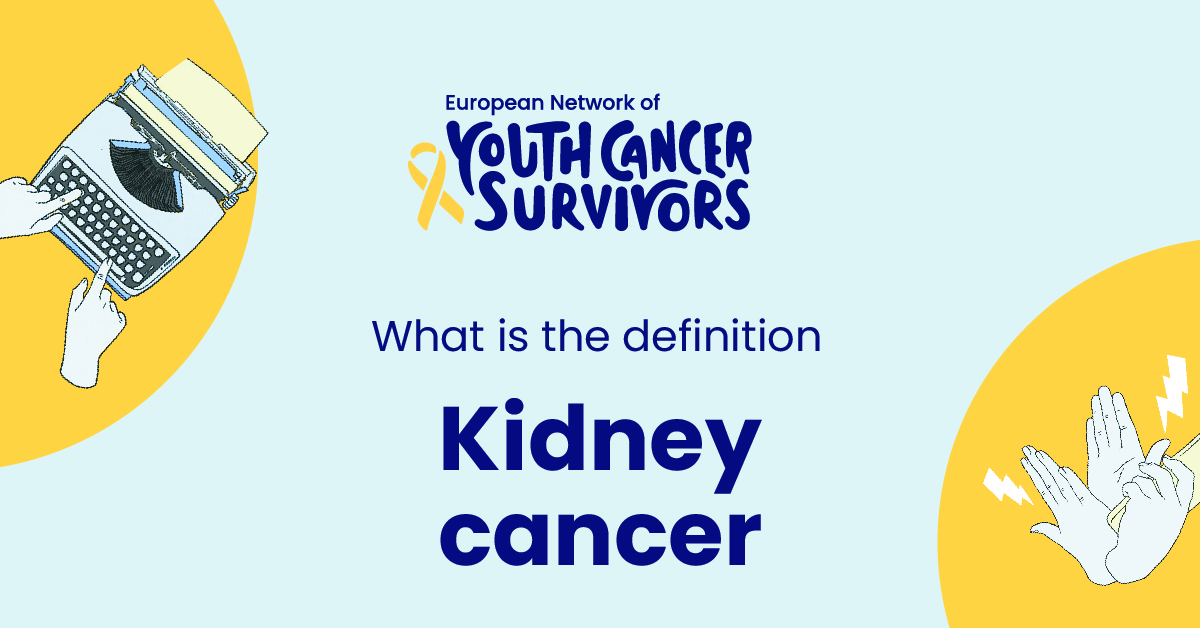
Kidney cancer, a form of malignancy that begins in the kidneys, occupies a significant space in cancer research and discussion due to its complexity and impact on people’s lives. Aware of its subtlety, understanding kidney cancer becomes crucial. This article aims to shed light on the function of kidneys, kidney cancer, its types and risk factors, symptoms, diagnosis and treatment methods, and the lifestyle changes it brings.
Understanding the Kidneys
The kidneys play a vital role in maintaining overall health. These bean-shaped organs filter the blood, eliminating waste products and excess fluids through urine. These vital organs also stabilize electrolytes, manage blood pressure, produce hormones influencing the production of red blood cells, and maintain the body’s acid-base balance.
Defining Kidney Cancer
In general, kidney cancer is a disease in which kidney cells become malignant and grow out of control, forming a tumor. In medical terminology, kidney cancer is referred to as Renal Cell Carcinoma, a term which also indicates the most common type of kidney cancer in adults. It forms when cancerous cells develop in the lining of the kidney’s tubules.
According to the American Cancer Society, approximately 73,750 new cases of kidney cancer will be diagnosed in the United States alone in 2021. This indicates the significance of gaining a complete understanding of this disease.
Types of Kidney Cancer
Apart from Renal Cell Carcinoma (RCC), other forms of kidney cancer include Transitional Cell Carcinoma that affect the renal pelvis and ureters, Wilms Tumor that primarily affects children, and Renal Sarcoma, a very rare type of kidney cancer.
Risk Factors Associated with Kidney Cancer
Risk factors do not guarantee the development of a disease, but they increase the chances of contracting it. For kidney cancer, these risk factors include smoking, obesity, and high blood pressure. It could also be due to inherited syndromes, prolonged exposure to certain chemicals, or a family history of kidney cancer.
Symptoms and Diagnosis of Kidney Cancer
The symptoms of kidney cancer include blood in urine, persistent back pain, loss of weight, and fatigue. It’s diagnosed through a physical exam, urine tests, and imaging tests such as an ultrasound or computed tomography (CT) scan. A kidney biopsy, where a sample of kidney tissue is removed and tested for cancer cells, plays a crucial role in the diagnosis process.
Treatments and Innovations for Kidney Cancer
In treating kidney cancer, the first choice is often surgery to remove the tumor. Other options include radiation therapy, chemotherapy, targeted therapy, and immunotherapy. Innovative approaches for kidney cancer are also emerging, including preventative therapies and enhanced diagnostic tools.
Get to know us better
If you are reading this, you are in the right place – we do not care who you are and what you do, press the button and follow discussions live

Living with Kidney Cancer
Life after a kidney cancer can be challenging. However, with the right support system and an optimistic approach, it is manageable. The impact on lifestyle varies based on cancer stage and treatment, affecting emotional, physical, and social aspects of life.
Resources like the Kidney Cancer Association and the American Cancer Society offer support systems for patients and families affected by kidney cancer.
Conclusion
Staying informed about kidney cancer aids in its early detection and treatment. By understanding this disease, we can open doors to effective treatments, possibly saving lives along the way.
FAQs
- What is the main cause of Kidney Cancer?
The exact cause of kidney cancer is unknown, but several risk factors like smoking, obesity, and high blood pressure increase its chances.
- How is Kidney cancer diagnosed?
Kidney cancer is often diagnosed through a physical exam, urine tests, and imaging tests like ultrasound or CT scans. A kidney biopsy may also be essential.
- What are the early signs of Kidney Cancer?
Early signs include blood in urine, persistent back pain, loss of weight, and fatigue.
- Do all Kidney cancers require surgery?
Surgery is often the first treatment choice for kidney cancer, but it depends on each individual’s condition.
- What are the long-term effects of Kidney cancer treatment?
Long-term effects vary based on the treatment used and can include pain, fatigue, fertility problems, and changes in urinary and sexual function.

















Comments
Thank you. Comment sent for approval.
Something is wrong, try again later